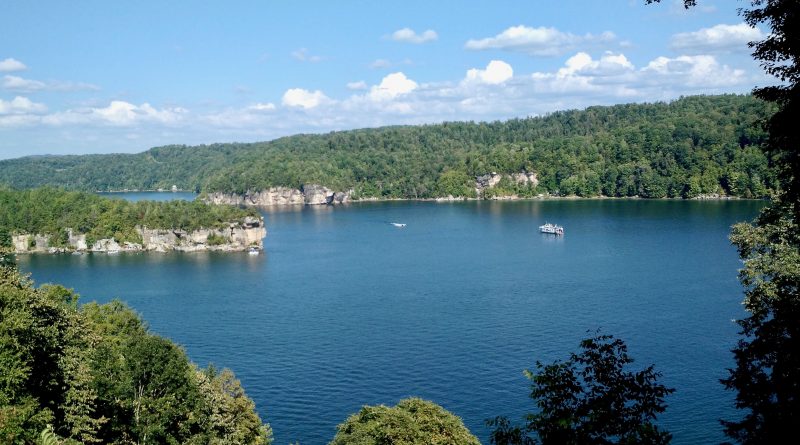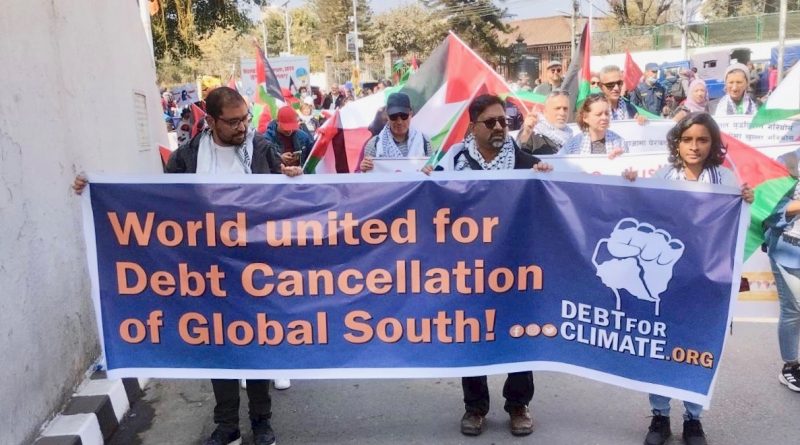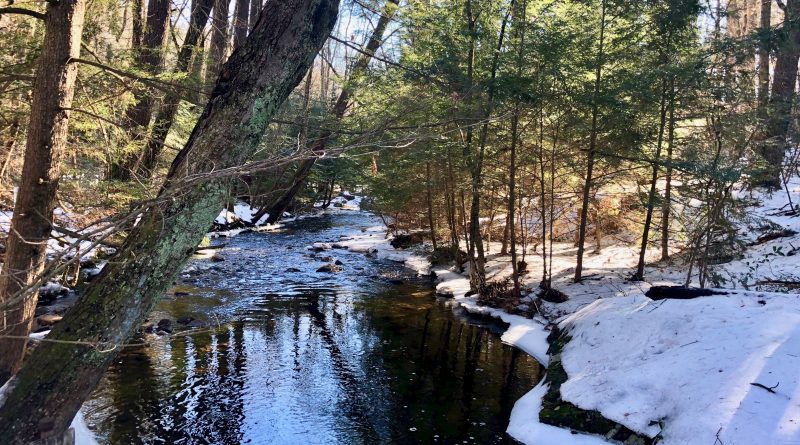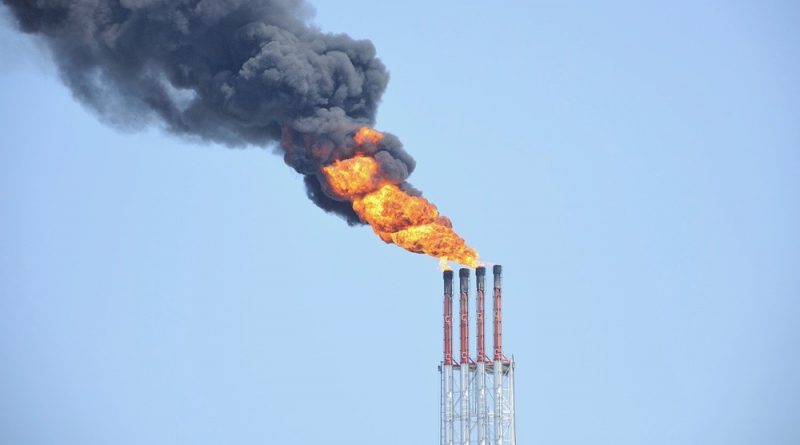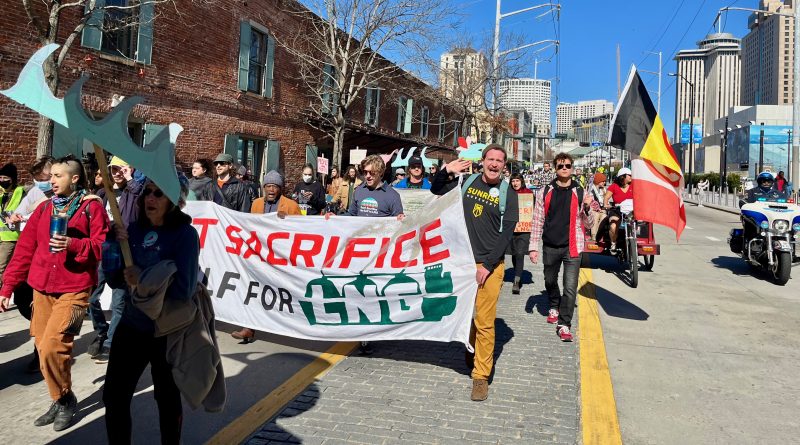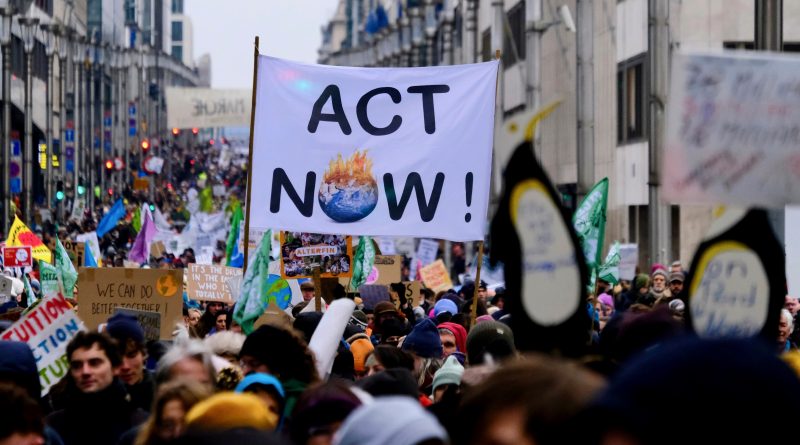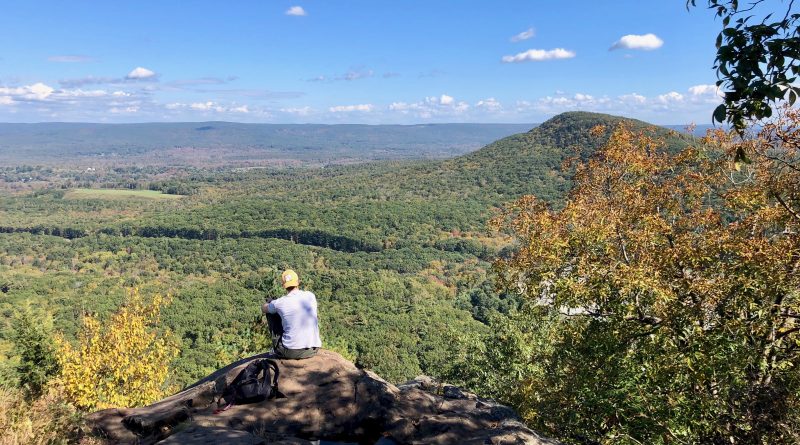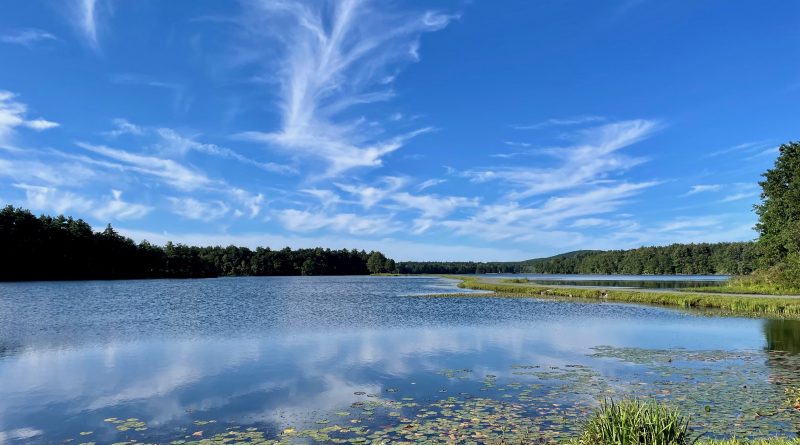Before I mention anything else, I want to acknowledge the horrors of the war in Israel and Gaza. I believe that every human life is precious. I’m deeply grieved by what is happening there, as well as in other wars around the world. Regardless of your political views, I want to invite you to join me in seeking to keep our hearts open toward both Palestinians and Israeli Jews and the suffering and loss they are experiencing. Each of us can contribute to reaching for greater human unity– an essential part of humanity successfully addressing both warfare and climate change.
Turning to climate change, 10 years ago climate denial was still common and a major obstacle to widespread public engagement with the issue. Outright climate denial is now relatively rare. I would say that climate discouragement is a bigger obstacle today. I’ve run into quite a few folks who admit that they are too discouraged to get involved in climate action. It’s natural for any of us to feel discouraged at times, but to let your discouragement keep you from engaging in climate action is to be part of the problem, rather than part of the solution.
Some folks believe that it’s simply too late and we are all doomed. A survey of 10,000 young people from 10 different countries found that more than half of them said that humanity is doomed. So when I encountered an interview with distinguished climate scientist Michael Mann with “what ‘doomers’ get wrong” in the title, I was eager for his answer.
He describes doomism as the view that we lack agency– that “It’s too late to prevent catastrophic, runaway warming and the extinction of all life.” He says, “There are a lot of people who think the science supports this view, but it doesn’t.”
He insists that we can and must have both agency and urgency. “The impacts of climate change, no doubt, constitute an existential threat if we fail to act,” Mann concludes.” But we can act. Our fragile moment can still be preserved.”
Read more
